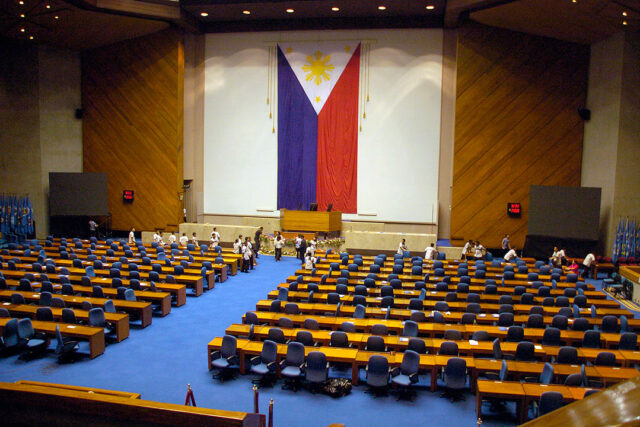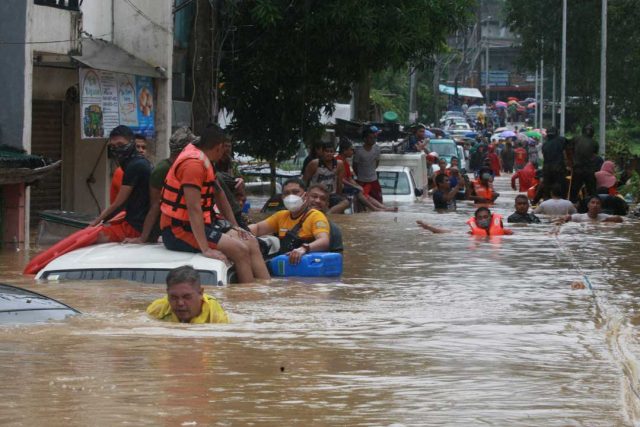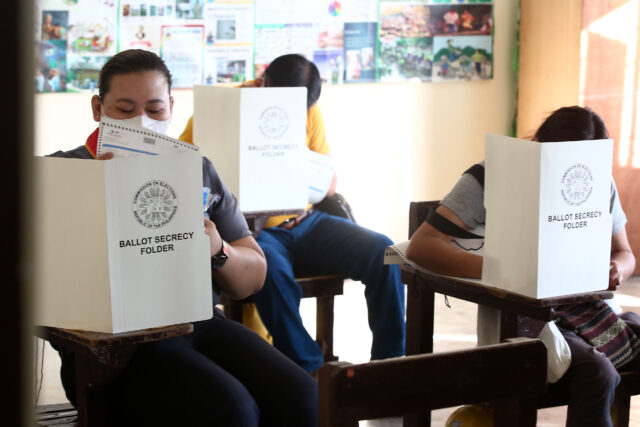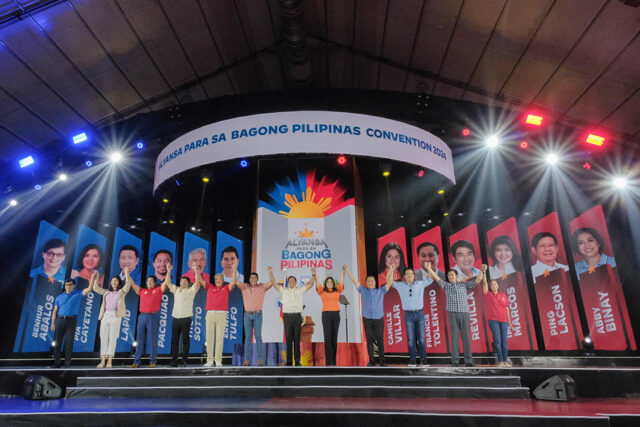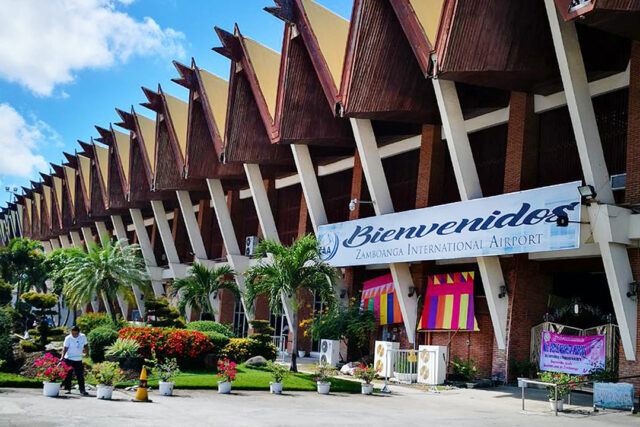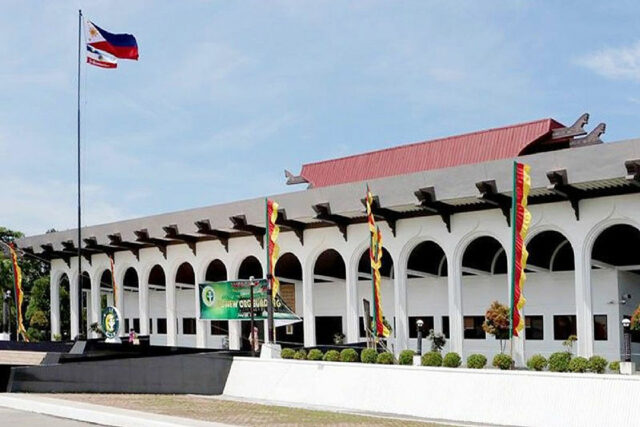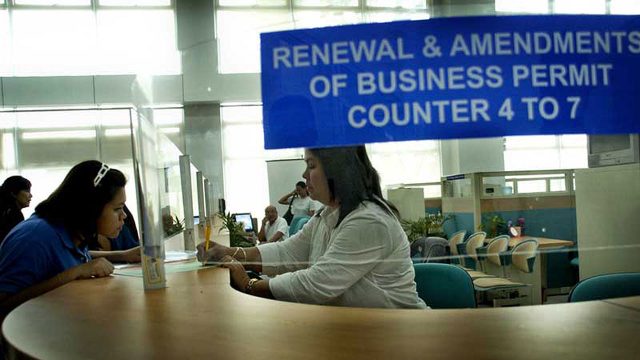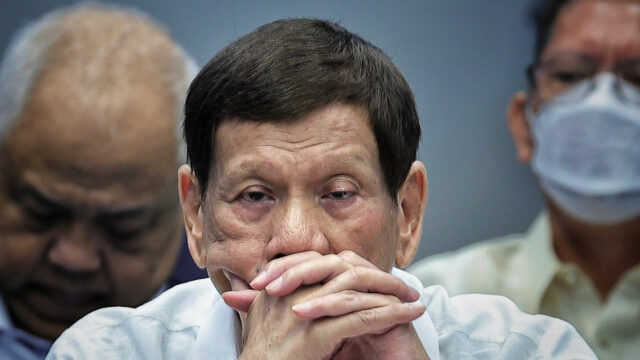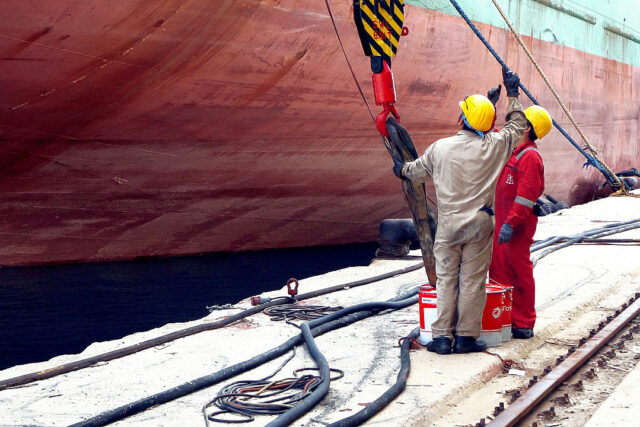Philippine, US soldiers hold exercises in bomb disposal under Balikatan
PHILIPPINE and US military engineers were trained in repairing damaged airfields and disposing of explosives in the Visayas region as part of their annual Balikatan (shoulder-to-shoulder) exercise, the Philippine Army said on Tuesday.
The Filipino soldiers conducted drills with their US counterparts on rapid runway restoration and bomb disposal to enhance military response capabilities, it said in a statement.
“Airfield repairs and explosive ordinance disposal skills are crucial in ensuring mission success as they ensure operational continuity through the rapid restoration of damaged runways and removal of explosive hazards,” the army said.
More than 14,000 Filipino and American troops are participating in the Balikatan exercise, held in areas of the Philippines facing regional flashpoints like the South China Sea and Taiwan, and featuring advanced US missile systems. It began on April 21 and will run until May 9.
Also on Tuesday, the Philippine Air Force held search and rescue drills off the coast of Zambales province to improve personnel recovery capabilities in war time conditions.
The Philippines’ 505th Search and Rescue Group and its American counterpart held realistic combat rescue drills at sea by simulating the recovery of a downed aircraft in hostile conditions, it said in a separate statement.
A US C-130 turboprop transport aircraft and V-22 Osprey tiltrotor transport aircraft participated in the drills alongside the Philippines’ Bell 205A and Super Huey helicopters.
Meanwhile, Swedish Ambassador to the Philippines Anna Ferry visited the Philippines’ military headquarters in Manila, where she paid a courtesy call on military chief Romeo S. Brawner, Jr. and talked about expanding security ties between the two nations.
“Both leaders discussed opportunities for expanding bilateral engagements and enhancing interoperability to address evolving regional and global security challenges,” the Armed Forces of the Philippines said in a separate statement.
The Philippines is forging deeper security ties with western countries and regional allies like Japan and Australia amid tensions with China over disputed features in the South China Sea.
Philippine forces have repeatedly sparred with Chinese ships and aircraft in the sea over competing claims on Spratly Islands and Scarborough Shoal, among other features.
Beijing asserts sovereignty over almost the entire waterbody based on its 1940s nine-dash line, which overlaps with claims of the Philippines, Brunei, Malaysia, Taiwan and Vietnam. — Kenneth Christiane L. Basilio


